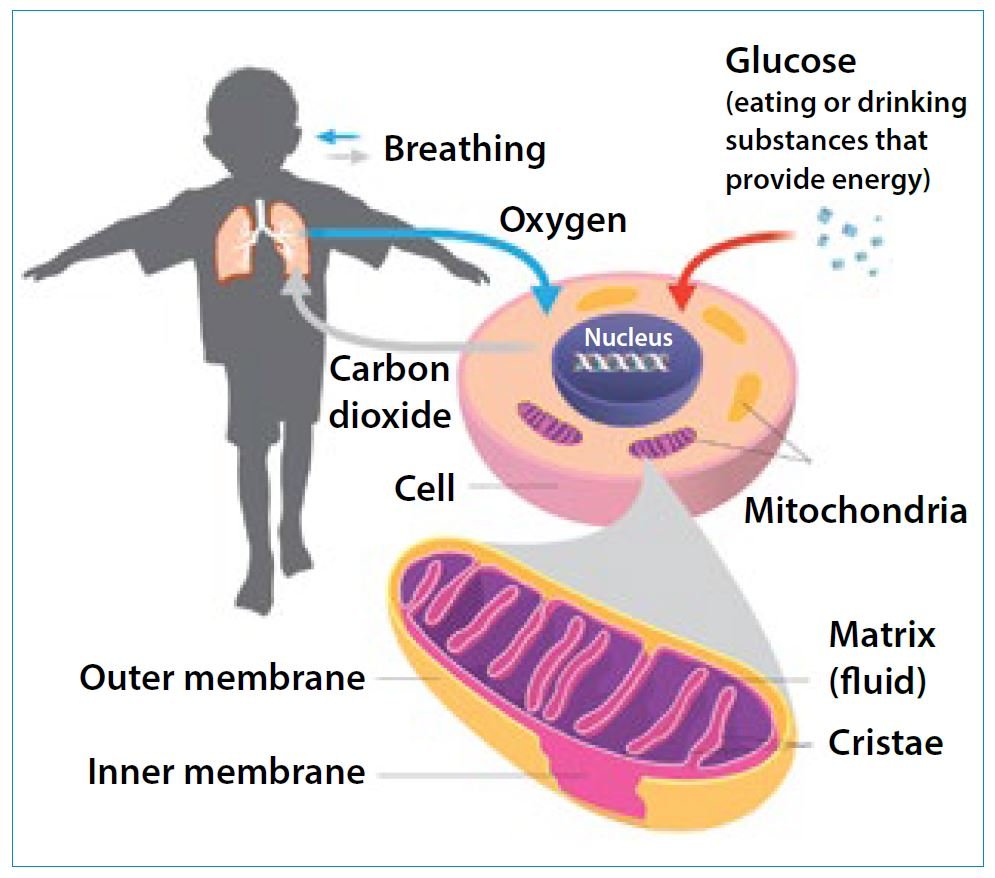UK court rulings on life support:

The heart-wrenching case of a critically ill 8-month-old in the United Kingdom has captured global attention. The child, Indi Gregory, has been at the center of a contentious legal battle, ultimately resulting in the removal of life support. Let’s delve into the details of this heart-wrenching situation.
Legal Battle Unfolds
UK court rulings on life support
Indi Gregory was transferred from the Queen’s Medical Centre in Nottingham to a hospice, marking a significant turn of events following a court ruling. The decision, rendered on a Friday, has left her parents, Dean Gregory and Claire Staniforth, grappling with the aftermath.
Parents’ Appeals
Despite fervent appeals from Indi’s parents and even the Italian government, the hope of transferring her to Bambino Gesu Children’s Hospital in Rome was extinguished by the UK judges. Even the plea to take her home for her final moments faced a similar fate.
Controversial Tactics and Criticisms
Judicial Critique
In a surprising twist, Court of Appeal Justice Peter Jackson openly criticized the parents’ use of legal tactics that opposed the court’s order. This critique raises questions about the intersection of legal strategy and the sensitive decisions surrounding a child’s fate.
Doctor’s Position
Medical professionals caring for Indi, who suffers from mitochondrial disease, emphasized her lack of awareness and the challenges posed by her treatment. The ineffective nature of the treatment and the associated pain were key factors leading to the recommendation for peaceful intervention.
Mitochondrial Disease Explanation

Mitochondrial Diseases Defined
To comprehend the gravity of Indi’s situation, it’s essential to understand mitochondrial diseases. These disorders involve malfunctioning mitochondria, the cellular powerhouses responsible for energy production.
Symptoms and Impact
The impact of mitochondrial diseases can vary significantly, affecting different organs such as the brain, heart, kidneys, and muscles. Symptoms range from fatigue and weakness to more severe complications like seizures, cardiomyopathy, and developmental disabilities.
Experimental Treatment Denied
Parents’ Hope for Treatment
Desperate for a lifeline, Indi’s parents sought experimental treatment in Italy, hoping to prolong her life. The emotional journey of parents seeking alternatives for their child’s well-being adds another layer to this complex narrative.
Judges’ Decision
In a decision that stirred controversy, the judges ruled against the transfer, emphasizing the best interest of the child. The clash between parental hope and judicial decisions underscores the intricate balance in cases of critical illness.
The Complex Nature of Mitochondrial Diseases
Understanding Mitochondrial Disease
Mitochondrial diseases present a labyrinth of complexities. The malfunctioning mitochondria’s inability to efficiently convert oxygen and sugar into energy disrupts cellular functions.
Varied Symptoms
The spectrum of symptoms associated with mitochondrial diseases adds to the challenge. From metabolic strokes to impairment of various bodily functions, the variability underscores the need for personalized approaches in treatment.
Ethical Considerations
End-of-life Decisions
The ethical considerations surrounding end-of-life decisions for critically ill children demand reflection. Balancing the desire for extended life with the quality of that life becomes a moral dilemma.
Parental Rights vs. Child’s Best Interest
The delicate dance between parental rights and the child’s best interest surfaces in cases like Indi’s. Judges navigate this intricate terrain, aiming to make decisions that prioritize the child’s welfare.
Conclusion
In concluding this exploration of Indi Gregory’s case, the complexities of mitochondrial diseases and the ethical dimensions of end-of-life decisions come to the forefront. The intersection of legal battles, medical challenges, and parental hopes paints a poignant picture of the struggles faced by families in such situations.